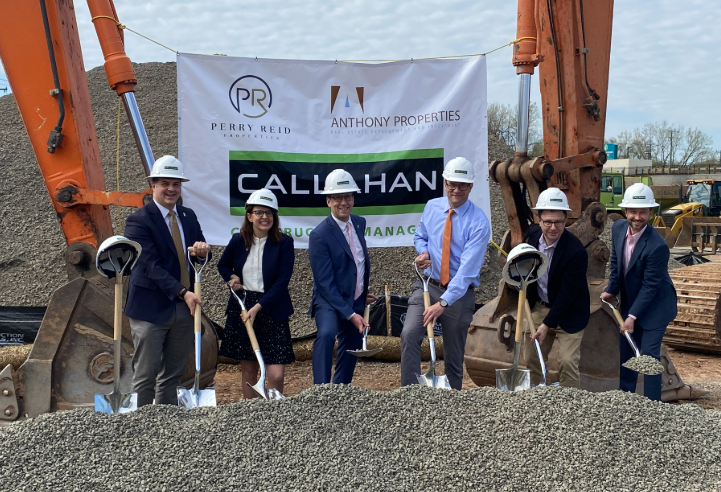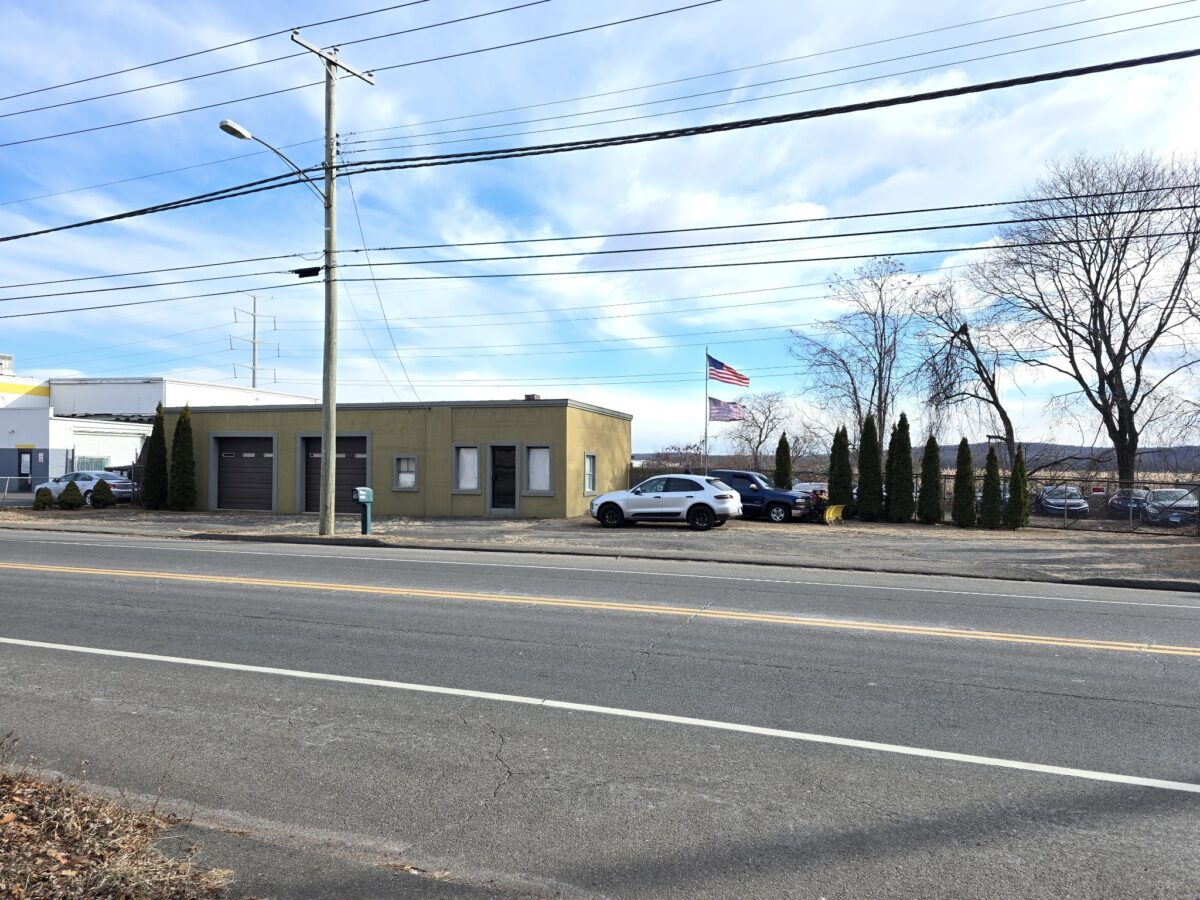News: Connecticut
Posted: June 17, 2010
Critical new regulatory and economic development reform emerges in Connecticut
Unprecedented best describes the number of bills introduced during the 2010 session of the Connecticut General Assembly that were designed to create a more business and real estate developer-friendly environment and to stimulate job growth. While all certainly did not pass, several bills emerged in the waning hours of the session that will certainly create a more inviting regulatory framework for real estate developers, owners, and businesses of all types who do business in the state.
Of particular interest are two Public Acts that originated in the Commerce Committee, which under the leadership of representative Jeffrey Berger from Waterbury and senator Gary LeBeau from East Hartford, has exhibited tremendous leadership in reforming Connecticut's regulatory climate: Public Act 10-75, "An Act Concerning the Recommendations of the Majority Leaders' Job Growth Roundtable" and Public Act No. 10-158, "An Act Concerning the Permit and Regulatory Authority of the Department of Environmental Protection and Establishing an Office of the Permit Ombudsman within the Department of Economic and Community Development" create major reform.
P.A. 10-75: Designed to stimulate the growth of business, this economic development bill will assist many of Connecticut's businesses, particularly small businesses, through a:
* $15 million small business assistance revolving loan program that will provide direct loans and lines of credit to qualified businesses (up to $500,000 per business);
* small business tax credit program based upon hiring of a new employee;
* angel investor program to encourage the growth of businesses established in the state that have annual gross revenues of less than $1 million; and
* pilot program to help manufacturing companies implement green and lean strategies.
PA 10-158: Resulting from a bipartisan effort, negotiated with representatives from business and industry, environmental groups, and the agencies, it mandates regulatory reform. Highlights significant to real estate developments are:
* Establishment of a Permit Ombudsman within the Department of Economic and Community Development to expedite permitting for projects that meet any of prescribed attributes: stimulate job creation, promote brownfield redevelopment, meet responsible growth initiatives, constitute transit-oriented development, develop green technology or, among other factors, meet certain economic impact factors including the diversification and strengthening of the state and local economy.
* Requires Connecticut Department of Environmental Protection (DEP), the Connecticut Departments of Transportation and Public Health to designate a staff person to act as a business ombudsman and liaison between their offices and the permit ombudsman.
* Allows DEP to continue a general permit beyond its expiration date.
* Requires DEP to review existing time frames for the review of individual permits and to develop a plan for expediting permitting and reducing time frames for identifying deficiencies in permit applications.
* Authorizes the development of a "consulting services program" within DEP that is similar to the program administered by the Labor Department's Division of Occupational Safety and Health, under which program civil penalties are not incurred and notices of violations are not issued, provided such noncompliance is limited to "minor" violations and reasonable efforts are made to comply with law. What constitutes a minor violation is not readily apparent, but what is not a minor violation is clearer. For example, those intentionally committed or constituting repetitive violations or by someone with a poor environmental compliance history are not "minor violations." If the business gained a competitive advantage or exposed someone to hazardous waste or if there is a significant risk to human health or the environment, a minor violation will not be found. Whether the violation can be corrected within 30 calendar days also factors into the determination.
Other new initiatives designed to incentivize businesses in the state include Public Act No. 10-86, which expands the universe of applicants for monies from the remediation account for dry cleaners. With this Act, property owners are now eligible for grants. Public Act 10-135 continues to promote brownfield development and authorizes reimbursement for insurance costs, expands the types of activities that may be funded through existing programs and, significantly, allows a municipality greater flexibility in determining assessments for properties that have undergone remediation activities.
With these initiatives, important steps are taken to revitalize the economy and should be explored by businesses looking to expand in Connecticut. Existing and new businesses and municipalities all will and should benefit.
Ann Catino chairs the Environmental and Land Use Law Practice Group at Halloran & Sage LLP in Hartford, Conn.
Tags:
Connecticut
MORE FROM Connecticut
Highcap Group brokers $41.1 million sale of two building multifamily portfolio
Norwalk, CT Highcap Group has completed the sale of two luxury multifamily properties with a total of 120 units for a combined purchase price of $41.4 million.








